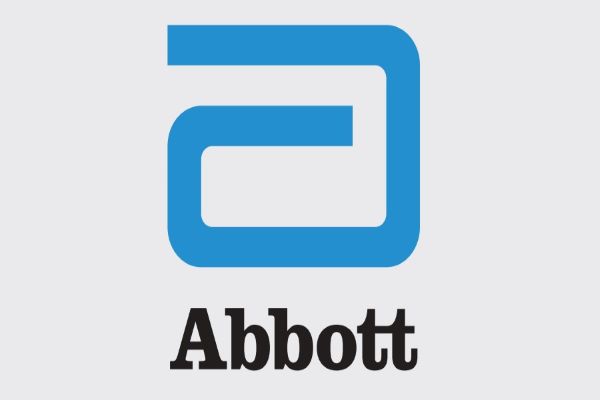TriClip offers a remarkably safe, minimally invasive treatment option for patients in need of tricuspid valve repair but who are unable to withstand surgery

Abbott announced that the U.S. Food and Drug Administration (FDA) has approved the company's first-of-its-kind TriClip transcatheter edge-to-edge repair (TEER) system that's specifically designed for the treatment of tricuspid regurgitation (TR), or a leaky tricuspid valve.
This approval follows the recent recommendation of the Circulatory System Devices Panel of the Medical Devices Advisory Committee for the FDA, whose vote confirmed 13 to 1, with 0 abstention that the benefits of TriClip outweighed the risks.
"The U.S. approval of TriClip is a significant advancement for people suffering from tricuspid regurgitation, a heart condition that negatively impacts their quality of life and puts them at grave risk of serious health issues," said Paul Sorajja, M.D., the Roger L. and Lynn C. Headrick Family Chair of the Valve Science Center for the Minneapolis Heart Institute Foundation and director of the Center for Valve and Structural Heart Disease for the Minneapolis Heart Institute at Abbott Northwestern Hospital and co-principal investigator of the TRILUMINATE Pivotal trial.
"With TriClip, physicians can offer patients a therapy option backed by excellent safety and effectiveness to help restore tricuspid native valve performance without subjecting them to high-risk open-heart surgery that may not be feasible for individuals with TR who are generally older and sicker."
The tricuspid valve controls blood as it flows from the heart's right atrium to the right ventricle. TR occurs when the valve doesn't close properly, causing a leak and allowing blood to flow backward in the heart. TR can force the heart to work harder, causing debilitating symptoms such as fatigue and shortness of breath. When left untreated, TR can lead to atrial fibrillation, heart failure, and ultimately, death. For those who continue to have symptoms or persistent TR despite treatment with medical therapy and are not considered good candidates for surgery, TriClip represents an option that can improve a person's quality of life.
Delivered through a vein in the leg, TriClip's TEER technology works by clipping together a portion of the leaflets – or flaps of tissue – to repair the tricuspid valve and help blood flow in the right direction without the need for open-heart surgery. On average, people who receive TriClip only need one day in the hospital before they recover and can return home.
"This approval helps address a treatment gap for people with tricuspid regurgitation who previously had few options to treat a disease that adversely impacted their daily lives and could lead to other deadly conditions," said Sandra Lesenfants, senior vice president of Abbott's structural heart business. "With the addition of TriClip to our broad structural heart therapy offerings in the U.S., we are continuing to bring meaningful, life-enhancing benefits to patients with cardiovascular conditions."

Subscribe To Our Newsletter & Stay Updated